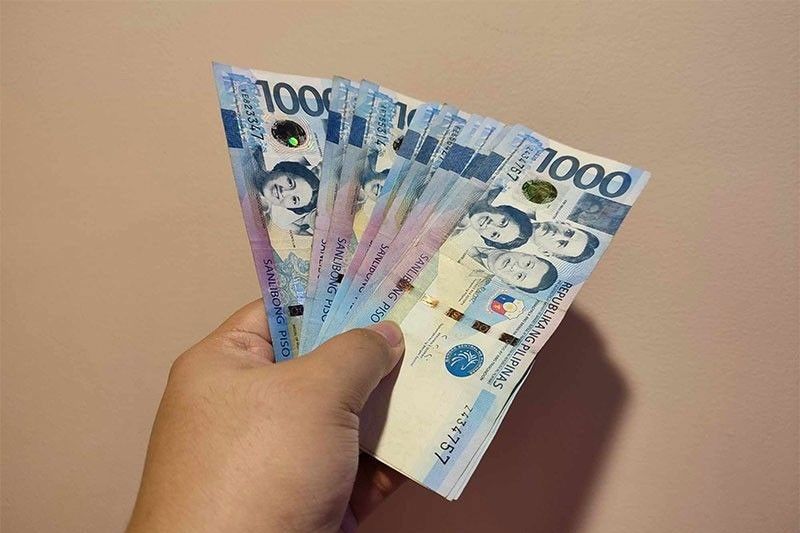Government eyes samurai bond market

To raise additional funds
MANILA, Philippines — The Marcos administration is looking at the samurai bond market for the first time as part of its fundraising program to secure additional resources for priority programs.
In his presentation during the Philippine Economic Briefing in Tokyo yesterday, Finance Secretary Ralph Recto said the government may consider turning to yen-denominated securities or commonly known as samurai bonds.
“Despite our heavy bias in domestic financing, we will continue tapping the samurai market as a viable option for our fundraising activities,” Recto said.
Sought for clarification, Recto said in a Viber message that samurai bonds are being considered. “It would depend on pricing,” he said.
He has yet to give a timeline as to when the possible issuance could be.
“Japan’s strong investor base, with a keen interest in yen-denominated assets, has helped maintain affordable and lower interest rates for our samurai bond issuances,” Recto said.
“It makes perfect sense for us to increase our financial integration,” he said.
It was at the tail end of the Duterte administration in April 2022 when the Philippines last borrowed via the Japanese currency.
At the time, the Philippines raised 70.1 billion Japanese yen (P28.55 billion) through a four-tranche issuance with tenors of five, seven, 10 and 20 years with coupons ranging from 0.76 percent to 1.83 percent.
For 2024, the government targets to raise a total of $5 billion in global bond issuances.
It has so far borrowed $2 billion through a dual-tranche global bond issuance last month.
Meanwhile, Recto assured the public that the Philippines is exercising fiscal discipline and prudent debt management.
Recto said the country’s low external debt and healthy reserves that exceed standard benchmarks should keep the peso stable and resilient.
“We are focused on further growing our tax revenues by addressing tax leaks and enhancing tax administration, particularly in the e-commerce market, through digitalization,” Recto said.
“Simultaneously, we have strategically tapped into non-tax revenue streams to generate additional funds without imposing new or increased taxes on our people,” he said.
The Finance chief said that such measures would enable the government to reduce the fiscal deficit to 3.7 percent and the debt level as a percentage of the economy to 55.9 percent by the end of the Marcos administration in 2028.
- Latest
- Trending






























